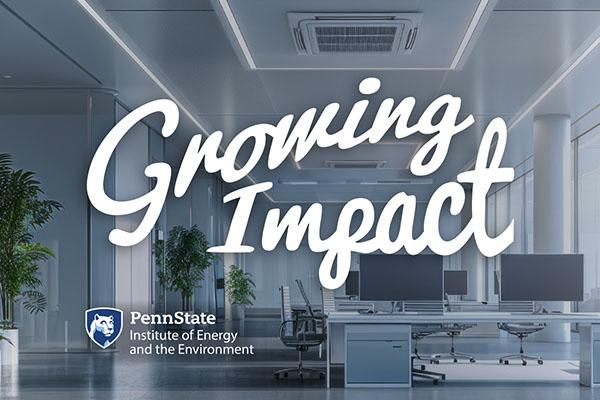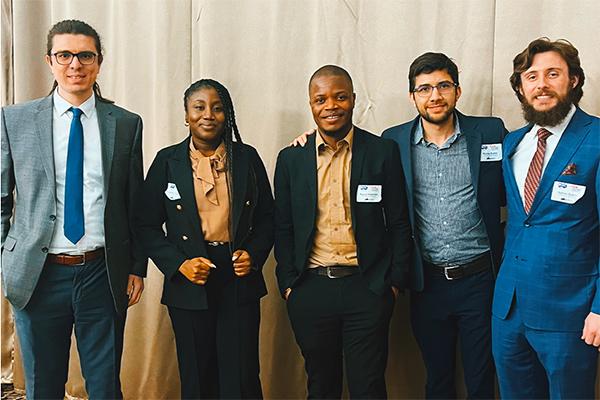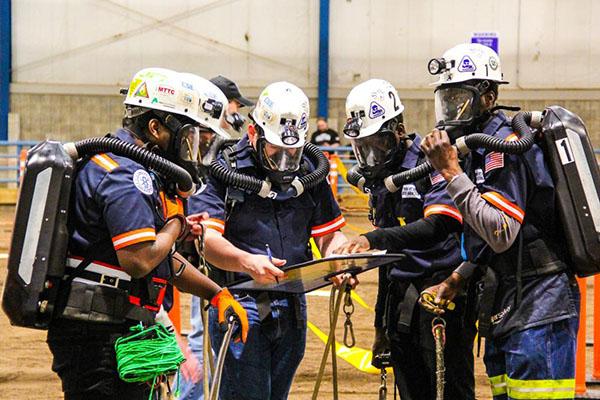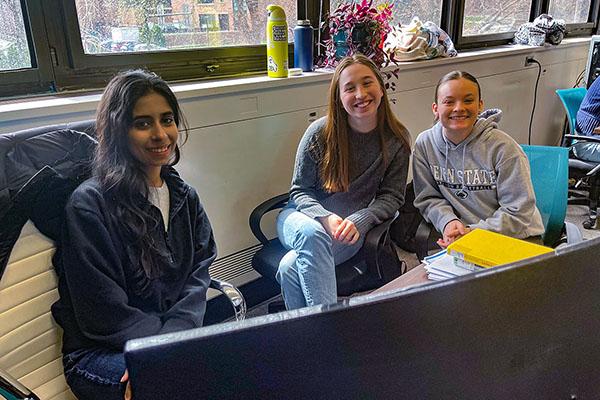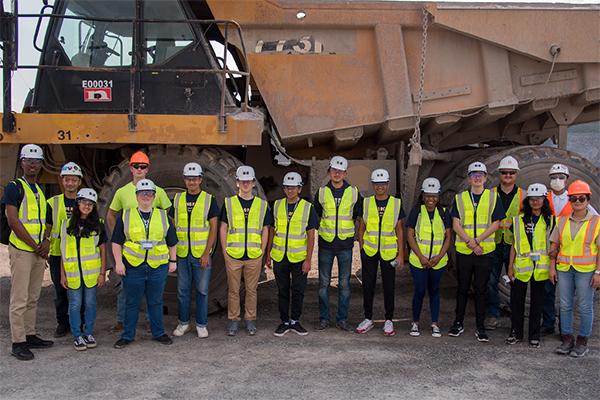Data that has been lost in the weeds — or more accurately the turfgrass — could help improve estimates of carbon dioxide emissions from urban areas, according to a team led by scientists at Penn State.
Potochny is working with Robert Hickey, associate professor of materials science and engineering, to create hydrogel fibers that could someday lead to advances in smart clothing and even robotics and prosthetics.
As biomedical challenges grow more complex, Penn State’s Dipanjan Pan is pioneering a multifaceted approach to nanomedicine that spans basic research, clinical translation and entrepreneurial deployment.
To meet growing air conditioning energy needs, a team of researchers at Penn State is developing new materials that cool their surroundings when bent or stressed. On the latest episode of “Growing Impact,” the team discusses how this cutting-edge technology could transform the future of building climate control.
Thirteen students from EME took home several awards and scholarships from the Society of Petroleum Engineers and the American Association of Drilling Engineers .
The Leone Family Foundation recently awarded grants to support three Penn State priorities: the John and Willie Leone Family Department of Energy and Mineral Engineering, the Willie Leone Scholarship Fund in Music and Penn State Centre Stage. Offering a total of $300,000 in support, the grants will fill critical funding gaps for experiential learning opportunities in the College of Earth and Mineral Sciences and the College of Arts and Architecture.
Penn State is offering two new graduate certificates in its energy and sustainability portfolio that can help professionals seeking to play a role in the global shift towards sustainable energy solutions.
When Harman Singh began graduate school at Penn State, she didn’t just bring research interests, she brought experience. As an undergraduate, Singh had participated in the Department of Geography’s Undergraduate Research Opportunities Connection (UROC) program, where graduate students mentor undergraduates through hands-on research. Now a doctoral student in geography, Singh has come full circle, serving as UROC’s graduate coordinator and continuing to mentor students herself.
MINING ROCKS! Mining Summer Camp, the five-day camp hosted by EME, teaches high schoolers the fundamentals of mining.
Penn State’s Cocoziello Institute of Real Estate Innovation has awarded seed grants to five interdisciplinary research projects. These grants support collaborative projects led by Penn State faculty who aim to generate innovative solutions to complex challenges in real estate and the built environment.





